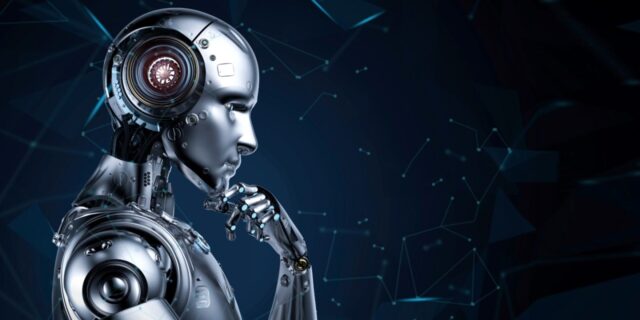
In the midst of the AI gold rush, a prominent voice is calling for a critical pause: Toby Walsh, a leading AI researcher, is stressing the urgent need for regulation in the rapidly advancing field of artificial intelligence.
A Race for Dominance with Potential Perils
Walsh, in an exclusive interview, described the current AI landscape as “possibly the biggest gold rush in human history.” The unprecedented speed at which companies like OpenAI have gone from zero to billions in annual revenue underscores the breakneck pace of AI development. Yet, Walsh cautions that this race is not simply about lines of code but a complex interplay of massive infrastructure, geopolitics, and potential societal consequences.
Regulation: A Necessary Safeguard, Not a Hindrance
Amidst the excitement surrounding AI’s potential, Walsh emphasizes that the argument against regulation – the fear of stifling innovation – is outdated. He firmly believes that regulation is not only possible but essential to ensure that AI’s trajectory aligns with the public good.
The Dangers of Unchecked AI
Walsh warns that allowing a few dominant voices in Silicon Valley to dictate the future of AI could be disastrous. He points to potential pitfalls, including job displacement, the weaponization of AI, and the proliferation of misinformation. In his view, regulation is crucial to mitigate these risks and steer AI development towards applications that benefit humanity as a whole.
A Call for Global Collaboration
Walsh’s call for regulation isn’t about halting progress but about responsible stewardship. He advocates for a collaborative approach, involving governments, industry leaders, and researchers, to establish guidelines that promote ethical AI development and deployment.
The Path Forward
The need for AI regulation is no longer a hypothetical concern but an AI development. As AI continues to permeate various aspects of our lives, from healthcare to finance to national security, the stakes are too high to ignore. Walsh’s message is clear: the time to act is now, before the consequences of unchecked AI become irreversible.


















